Our picks for books, videos, websites, and other social justice education resources 31.2
Check out these valuable resources, reviewed by Rethinking Schools editors and Teaching for Change colleagues.
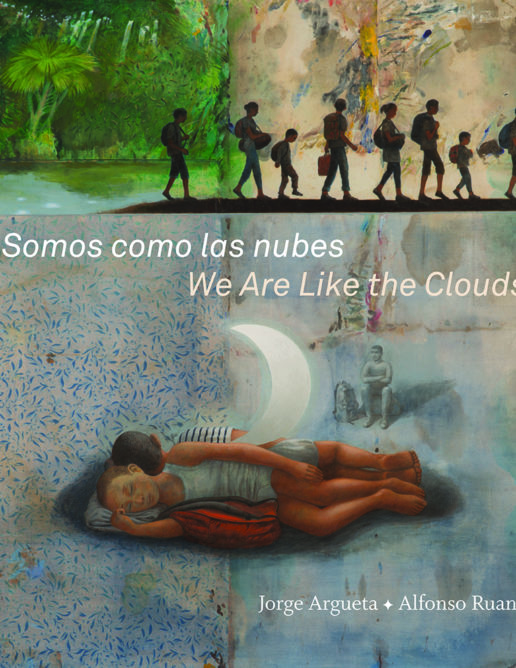
Check out these valuable resources, reviewed by Rethinking Schools editors and Teaching for Change colleagues.
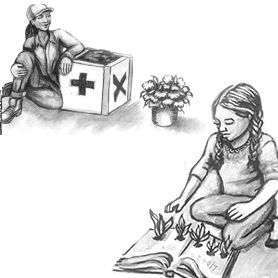
A teacher educator critiques the biases of story problems in math textbooks. Teachers around the country offer creative alternatives.
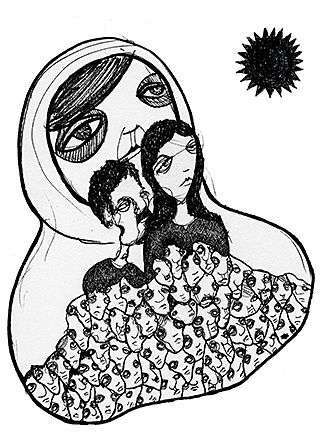
A Canadian teacher discusses the impact of Islamophobia on students, especially those who are Muslim and/or from the Middle East.
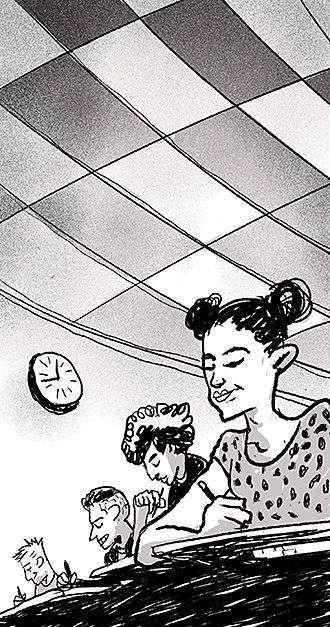
The tale of a high school English teacher’s journey into—and out of—formulaic writing programs as her school struggles with high-stakes exams.
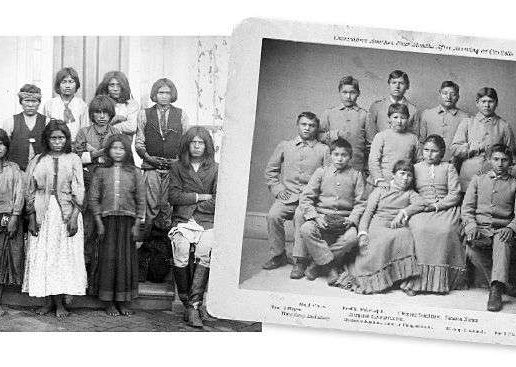
Parallels in the oppressive history of residential schools for Native American and Deaf children help Deaf students better understand their history and culture.
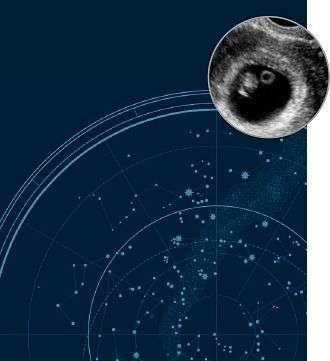
A teacher writes about his hopes for the person his child will become—and some of the dangers along the way.
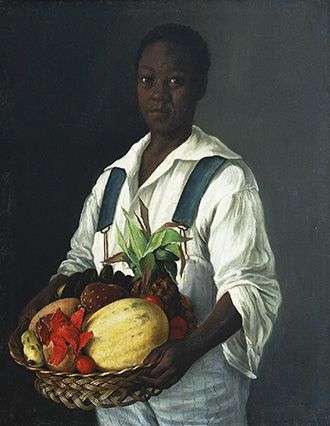
Latina/o students explore the impact of African roots on Mexican culture and history.
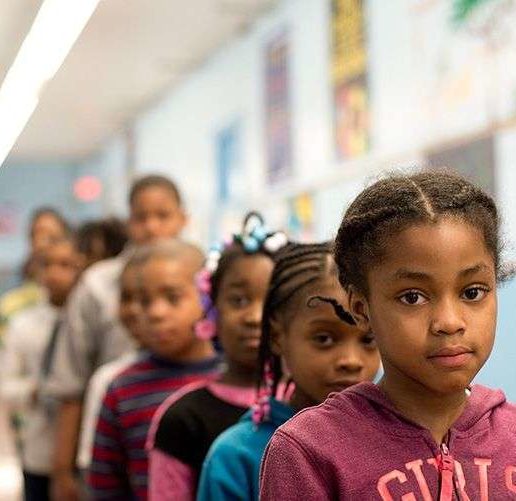
This content is restricted to subscribers
Personal Cost of War I just finished my second reading of Chris Hawking’s, “Cracking the Box: The Personal Cost of War”(winter 2015-16). Both times his story literally brought tears to my […]
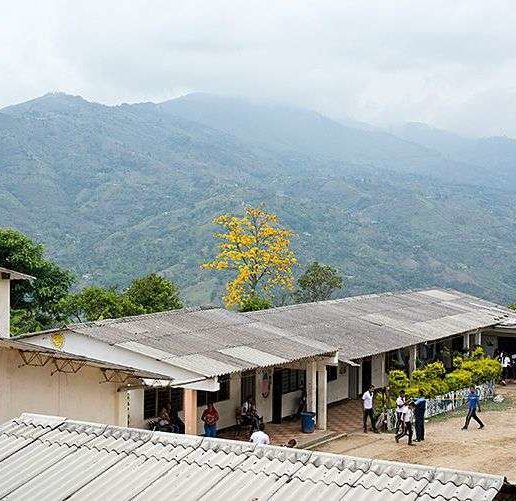
Medellín, Colombia—I knew from the invitation that this would not be a normal school visit. My wife, Barbara, and I were to travel into the Andes Mountains to visit an […]
FBI Tells Schools to Spy on Students A new initiative of the FBI’s Combating Violent Extremism (CVE) program urges high schools to report students who criticize government policies as potential […]
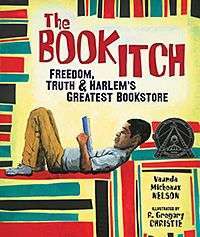
Check out these valuable resources, reviewed by Rethinking Schools editors and Teaching for Change colleagues.
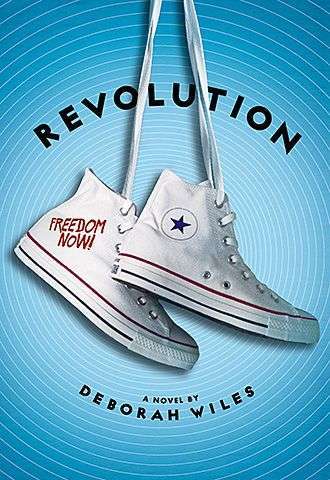
In Revolution, 12-year-old Sunny Fairchild is dealing with troubling family issues—an absent mother, a new, pregnant stepmother, a stepbrother and stepsister. And then Northern “invaders” show up to register Black […]
Unfair to Behaviorists? The author of “They Deserve Good Teaching, Too: Social Justice in a Classroom for Students with Autism” (spring 2015) has misrepresented to your readership what Applied Behavior […]

Check out these valuable resources, reviewed by Rethinking Schools editors and Teaching for Change colleagues.
People Power: The Community Organizing Tradition of Saul AlinskyEdited by Aaron Schutz and Mike MillerVanderbilt University Press, 2015 Fifteen years ago, I was part of a community organizing effort that […]
Teachers learn that the district’s plan for a desperately needed school renovation is based on “100 percent utilization” — teachers will rotate through classrooms, losing the home bases students depend on. They organize to change the plan.
A 3rd-grade bilingual teacher describes how administrators’ anxiety about standardized test results erodes both a school’s commitment to Spanish literacy and students’ love for learning.
Two teacher educators encourage their students to think about the impact of racial and colonial biases on media coverage of science issues—and on scientists.
Building on the lead-poisoned water scandal in Flint, Michigan, a Chicago chemistry teacher helps her students explore lead poisoning in their own city.
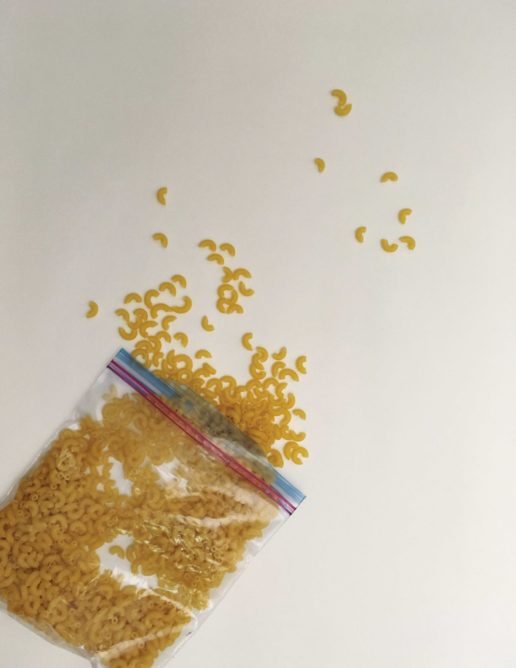
A 3rd-grade teacher uses thousands of pieces of macaroni to facilitate a lesson about fractions and to spur classroom conversations about wealth inequality.
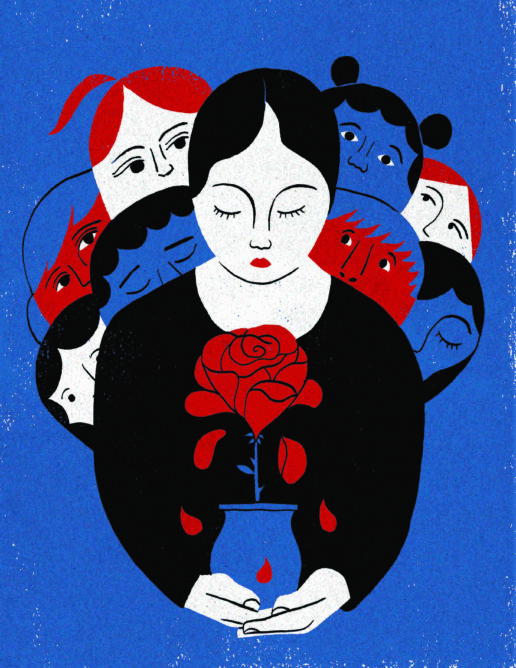
Death happens regularly, but a special education teacher describes her own mother’s death to show how schools leave no space for grief and try to hide death from the school community.
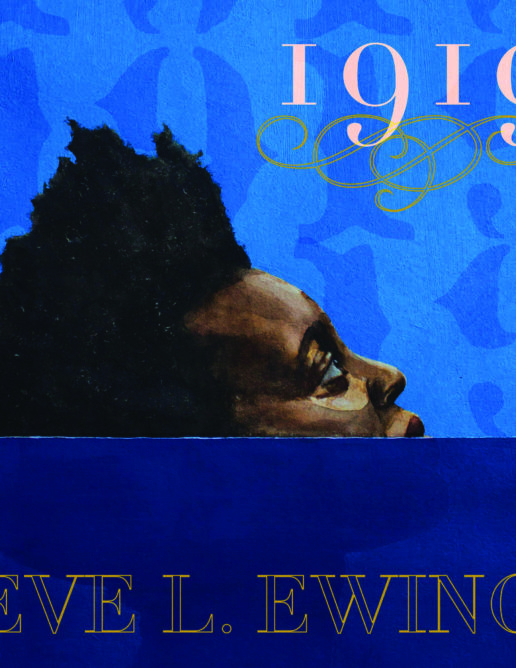
Check out these valuable resources, reviewed by Rethinking Schools editors and Teaching for Change colleagues.
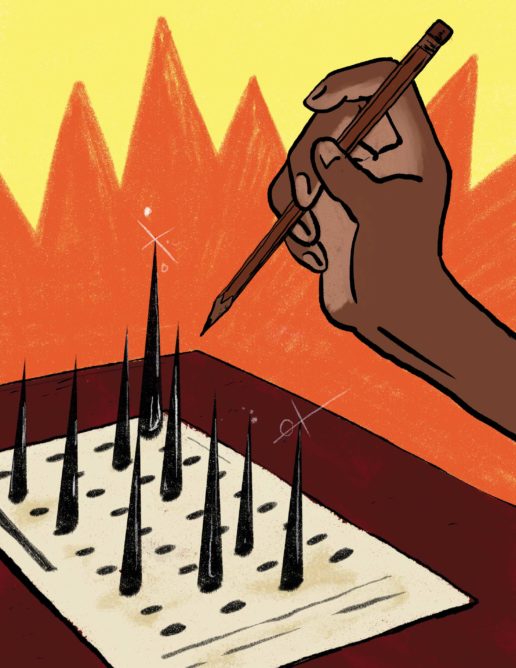
High-stakes tests have not only failed to achieve racial equality in schooling, they’ve also made it worse for students of color.
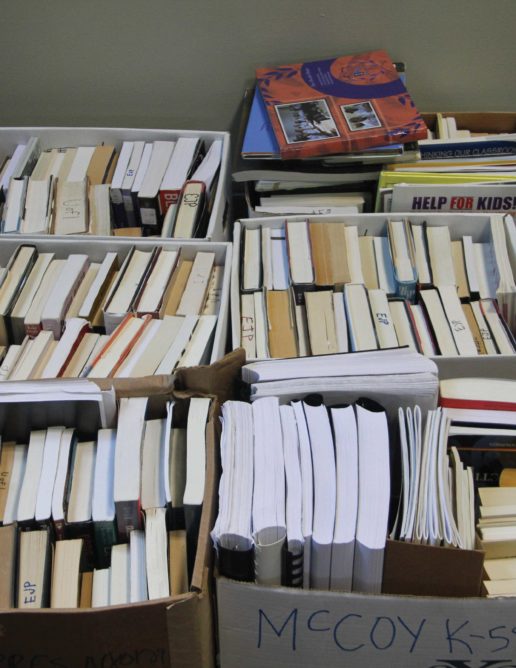
In late January, authorities at the Danville Correctional Center in east-central Illinois removed more than 200 titles from the prison’s library. One of the books that was confiscated was the Rethinking Schools book Rethinking Our Classrooms: Teaching for Equity and Justice, first published in 1994 and edited by Bill Bigelow, Linda Christensen, Stan Karp, Barbara Miner, and Bob Peterson.